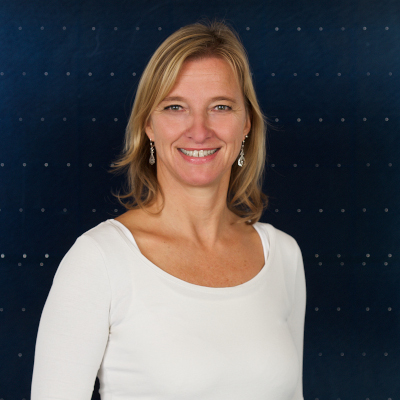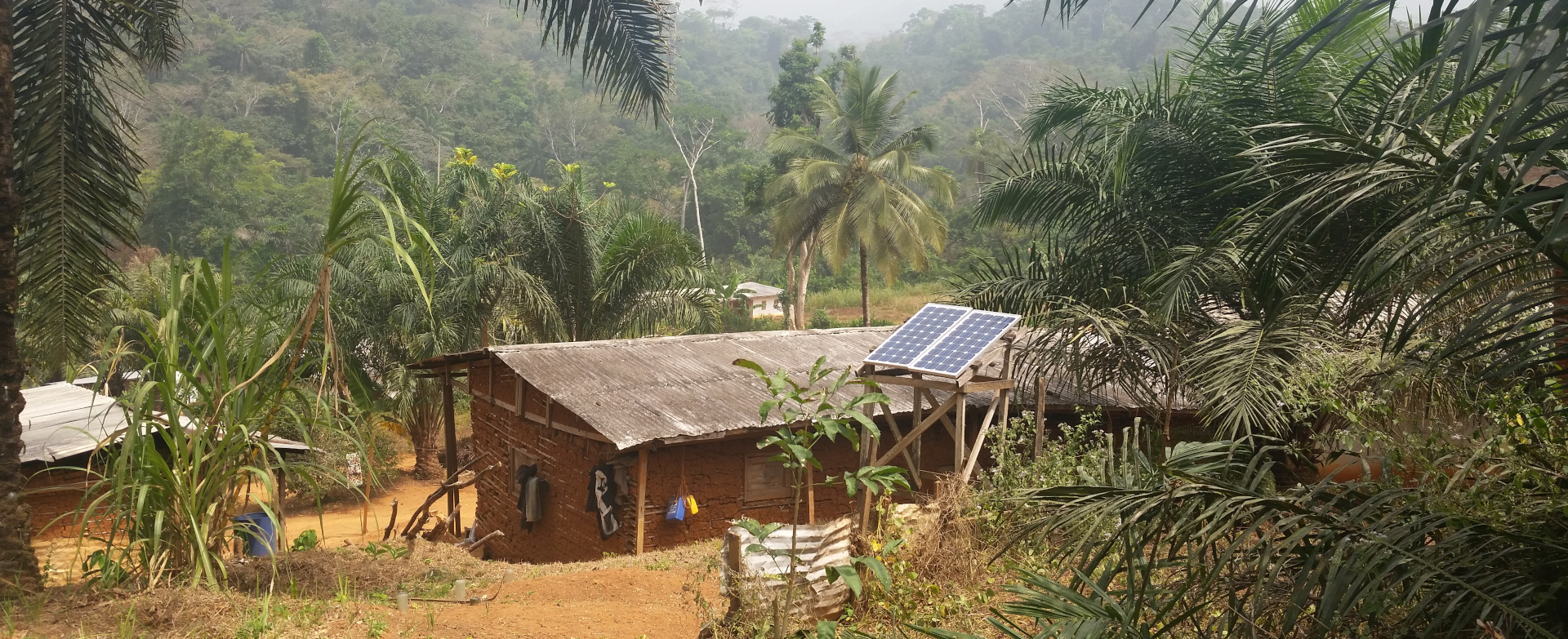
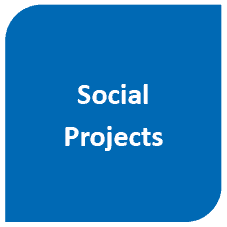
Electricity is something that people in industrialised countries take for granted, yet about 20 percent of the world’s population still has to do without it.
This is how we support poor parts of the world’s population: In demonstration projects in Africa, Asia, and Latin America, we electrify sunny regions off the grid with clean energy to meet the needs of schools, health clinics, and remote villages. We promote the use of electricity to improve the lives of disadvantaged populations and increase the productivity of individuals. Our guiding perspective is “help for self-help”, whereby the reduction of rural exodus through this infrastructure development alone is of great importance.
To this end, this is what we offer: we provide initiatives and NGOs with our expertise in photovoltaics – according to our current capacities. As a non-profit association, we cannot finance external electrification projects; rather, we welcome donations for our projects to the following account:
GLS Community Bank
BIC: GENO DE M1 GLS
IBAN: DE23 430 609 67 700 99 15 700
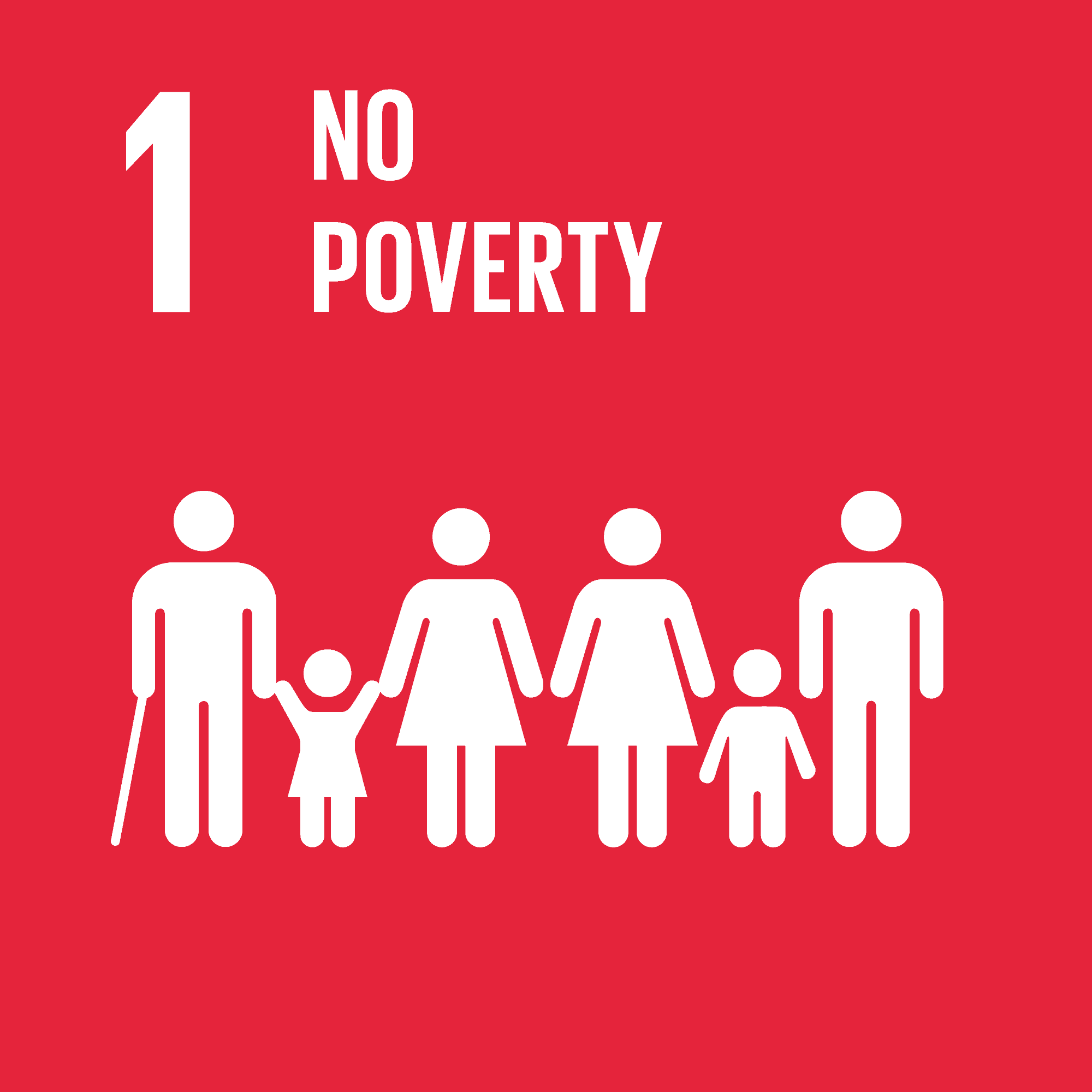
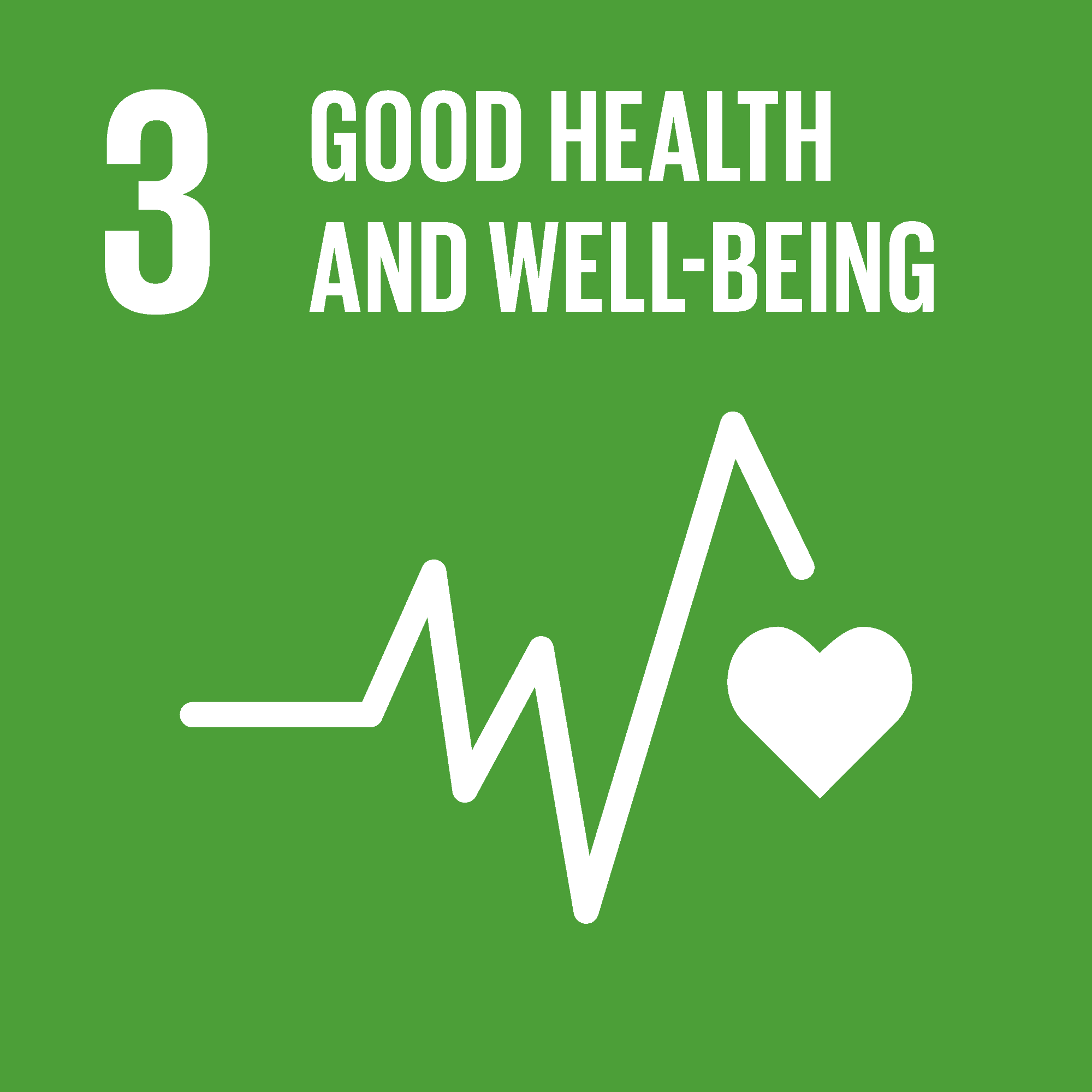
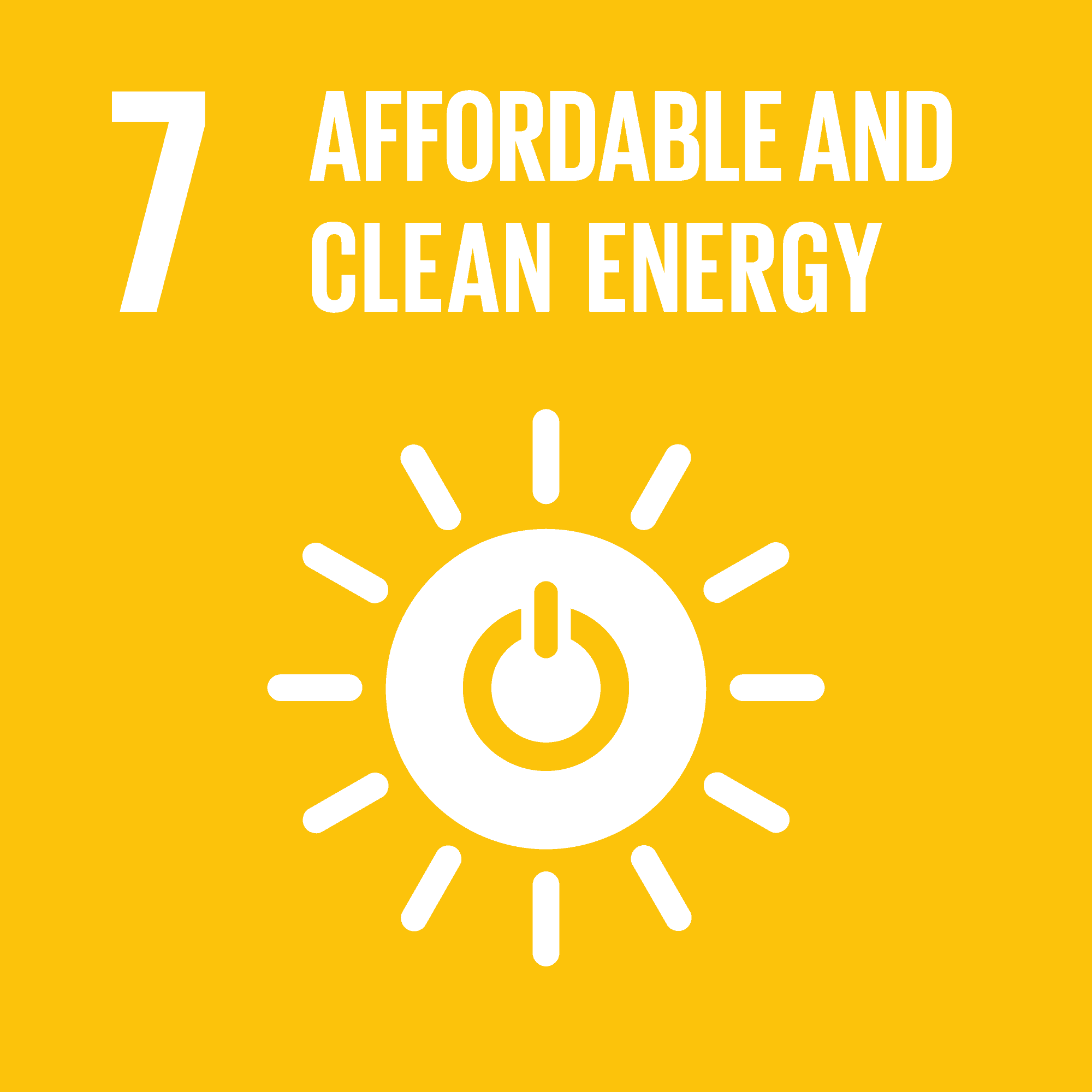
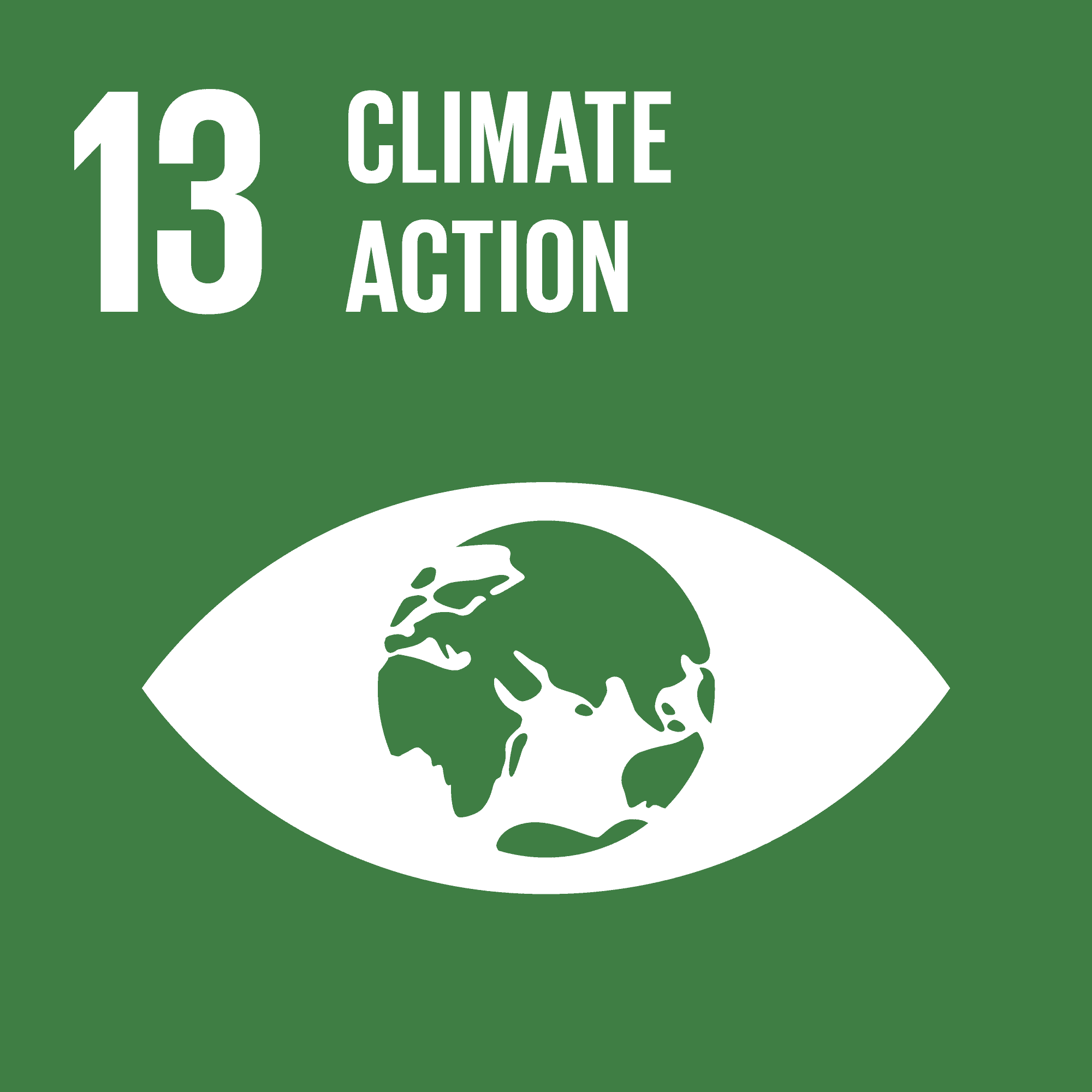
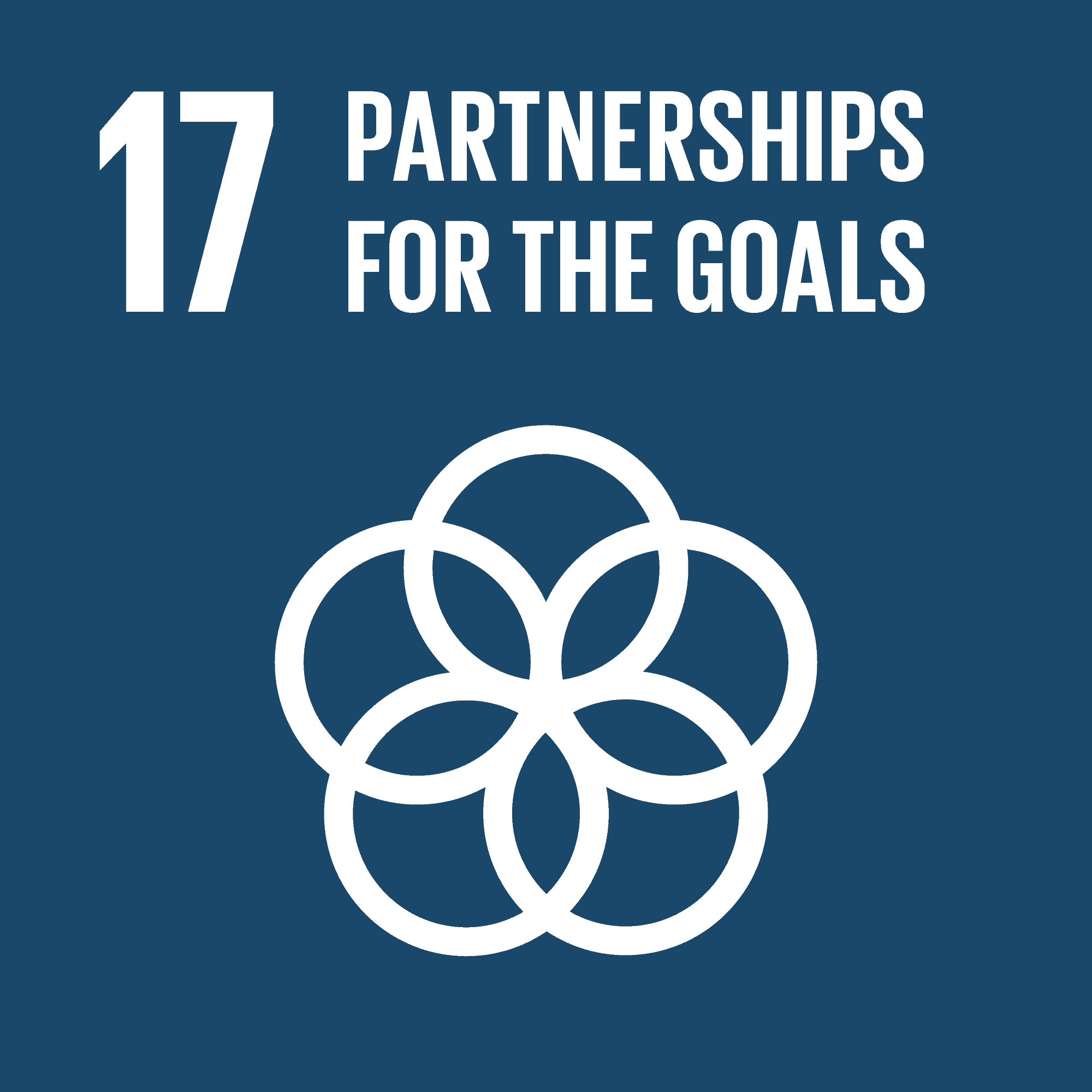
1. cameroon
SLAK project series
SLAK stands for “Power and Light for the Poor in Cameroon” and is an initiative of ISC Konstanz with its local partner ELPC (Électricité pour les Pauvres au Cameroun). As part of this initiative, villages, schools, and hospitals in rural Cameroon are equipped with solar power to improve the living conditions of the population.
Since there are no electricity grids in the villages, solar modules can be used as stand-alone solutions. The costs are much lower than for a grid expansion. The villagers are independent of electricity suppliers and electricity prices. The adults can also use the evening hours to pursue additional activities. The children can learn and thus improve their future prospects. And all this without the harmful smoke of paraffin lamps. A solar module has an average lifespan of 30 years – enough time to help an entire generation achieve education and prosperity through ecological thinking!
SLAK 6 – Botbéa:
In cooperation with LogIkwo Nachhaltig in Kamerun e.V. and ELPC (Electricité et Lumière pour les Pauvres au Cameroun) we carried out the solar electrification of the village of Botbéa in 2020-2021. Sustainable and healthy lighting was provided for the 56 households using isolated systems.
Factsheet: SLAK 6
SLAK 5 – EduSol Cameroun
The villages of Ndambog and Bôdbadjang are located in the rainforests of Cameroon and are not connected to the national electricity grid. To provide better educational conditions for the children, ISC Konstanz, together with students from the Baden-Württemberg Cooperative State University (DHBW Friedrichshafen), equipped the vocational school in Bôdbadjang and the primary school in Ndambog with solar panels. The electricity will mainly be used for lighting and equipment in the workshop, classrooms and offices. The teachers’ quarters also received a solar refrigerator. The vocational students received training on solar energy and how to maintain the system. The German students played the main role in the training and were prepared in advance for their task as multipliers. The vocational school CETIC de Bodbadjang received didactic material on solar technology.
Factsheet: SLAK 5
SLAK 4
The 260-inhabitant village of Ndambog in Cameroon’s rainforest is not connected to the national electricity grid, so villagers have to resort to diesel generators and paraffin lamps. The lack of energy here is one of the biggest obstacles to education and economic development. Therefore, ISC Konstanz equipped all 50 households with one solar system each for light. 50 module sponsors made this project possible. The village’s infirmary was supported with a solar system and a solar refrigerator for cooling medicines.
Factsheet: SLAK 4
SLAK 3
The village of Botbadjang is located in the middle of the Cameroon rainforest. In the infirmary there, a doctor and a nurse care for several hundred people from the surrounding area. The building only has a diesel generator as a power source and has no possibility to cool the medicines. ISC Konstanz installed a 1 kWp solar system on the roof and provided a solar refrigerator. This way, the hospital is always ready for use, even at night.
Factsheet: SLAK 3
SLAK 2
The technical high school in Douala-Bassa (Cameroon) provides students with vocational training (e.g. to become electricians). Because many students have to work during the day, it also offers evening classes. It is all the more devastating that the high school building does not have a functioning electricity supply and thus the dark evening hours cannot be used effectively for learning. ISC Konstanz equipped the school with 1 kWp solar panels and gave additional training on solar technology.
Factsheet: SLAK 2
SLAK 1
The village of Botbadjang is located in the virgin forests of the Littoral Province in Cameroon. Due to its remote geographical location, there is no connection to the electricity grid. Therefore, the people depend on expensive and unhealthy paraffin to have light after 6 pm. In ISC Konstanz’s pilot project, the 30 households were each equipped with 180 W solar home systems to bring light into the houses. As the first solar village in Cameroon, Botbadjang became a model attraction for other communities.
Factsheet: SLAK 1
Partners and sponsors of SLAK
We would like to thank our partners and sponsors who support the SLAK projects:
- ZF Hilft e.V.
- Prof.Dr. Ernst Bucher
- Stadt Konstanz
- Deutsches Stiftungszentrum
- Stiftung Entwicklungszusammenarbeit (SEZ) Baden-Württemberg
- SolarTrick online shop
- Bodensee Solarschifffahrt GmbH
- asb Aktion Selbstbesteuerung e.V.
- Solar Bumler GmbH
- Sunny Solartechnik GmbH
- Deutsche Umwelthilfe e.V. und Rapunzel Naturkost GmbH aus Mitteln des HAND IN HAND-Fonds
- solarcomplex AG
- CentroSolar AG
- Stadtwerke Konstanz GmbH
- LEY Mineralöl GmbH
- Wir helfen Kindern e.V.
- Verein kamerunischer Indenieure und Informatiker (VKII)
- Solarworld
- Sunways
- GP Solar
- Centrotherm
- Silfab
- Elkem Solar
- Webasto Solar
- Paores
- Day4 Energy
- Cofra Foundation
- Centrum für internationale Migration und Entwicklung (CIM)
- Louis Leitz Stiftung
- BOSCH eBike Systems
2. Ghana
EduSol Ghana
The student project EduSol Ghana was implemented in cooperation with the LGH (Landesgymnasium für Hochbegabte) Schwäbisch Gmünd, the NGO “School Forests for West Africa” and the Secondary Technical High School of the city of Nyakrom in 2012.
Pupils of the LGH were trained in advance by ISC staff in solar energy, construction and maintenance of a solar system as well as about the partner country. During these workshops, the students planned a photovoltaic system for the partner school, Nyakrom Secondary Technical High School in Ghana, together with ISC Konstanz staff. Afterwards, nine students (aged 13 to 18) travelled to Ghana together with ISC staff. There, they passed on their knowledge about solar power to the pupils of this first partner school and installed a grid-connected solar system with batteries together with them. This significantly stabilised the school’s power supply.
EduSol Ghana is part of the EduSol project series, which, in addition to electrification, also aims at education for sustainable development.
Factsheet: Edusol Ghana
Partners and sponsors of EduSol Ghana
We would like to thank our partners and sponsors who support the SolGhana project:
- Umweltministerium Baden-Württemberg
- SEZ – Stiftung Entwicklungs-Zusammenarbeit Baden-Württemberg
- Solar-Fabrik Freiburg
- Stiftung KLAUS GROHE, Schiltach
- VRD Stiftung
- PASCH
- Niedersächsische Bingo-Lotto-Stiftung
3. India
SUNI project series
SUNI stands for “Sunpower for India” and is an initiative of ISC Konstanz. SUNI was initiated by our Indian staff member Dr Jayaprasad Arumughan. The aim of the SUNI project series is to improve the situation in rural schools, hospitals and other social institutions in India with the help of solar power and water treatment plants and to support disadvantaged population groups (including Adivasi, Dalit).
SUNI 4
In 2020/2021 we exported our educational work to India and approached the topics of renewable energies and sustainability in an interactive way with Adivasi and Dalit school classes. A total of 500 solar lamps were distributed to students between the ages of 9 and 16 at various schools in Trivandrum (Kerala State) and Anaikatti (Tamil Nadu State) as part of the project.
SUNI 3
About 50 people visit the Swami Dayananda Jayavarthanavelu Tribal-Rural Hospital in Anaikatti (Tamil Nadu, India) every day. The hospital provides free treatment for the indigenous people (Adivasi) living in the surrounding Attapadi Mountains. A mobile infirmary regularly travels out to the area to provide them with on-site care. As the work in the hospital suffered from frequent power cuts, ISC Konstanz installed a 5 kWp solar system there. Medical work can now be carried out without interruptions and medicines are cooled.
Factsheet: SUNI3
SUNI 2
The Upper Primary School in the village of Kalappetty (India) has 600 pupils from socially mixed backgrounds. The school’s drinking water comes directly from the nearby river and is stored in an old concrete tank. This was often a source of dysentery and cholera epidemics. Therefore, ISC Konstanz installed a water treatment plant and linked it to a solar system so that it can always operate self-sufficiently. The water quality has improved threefold.
Factsheet: SUNI 2
SUNI 1
The Upper Primary School in the village of Kalappetty (India) has 600 pupils from socially mixed backgrounds. The school’s drinking water comes directly from the nearby river and is stored in an old concrete tank. This was often a source of dysentery and cholera epidemics. Therefore, ISC Konstanz installed a water treatment plant and linked it to a solar system so that it can always operate self-sufficiently. The water quality has improved threefold.
Factsheet: SUNI 1
Partners and sponsors of SUNI
We would like to express our sincere thanks to our partners and sponsors who support the SUNI projects:
- Stadtwerke Konstanz
- Antonia Ruut Stiftung
- Deutsche Umwelthilfe e.V. und Rapunzel Naturkost GmbH aus Mitteln des HAND IN HAND-Fonds
- USITAWI Network
- GLS Treuhand Haleakala-Stiftung
- Solaris
- GP Solar
- Conactor
- Centrotherm photovoltaics AG
- Heyerhoff & Geiger Patentanwälte
- Prof. Ernst Bucher
4. Tanzania
TanSol project series
In the TanSol project series, ISC Konstanz is committed to the dissemination of photovoltaics in Tanzania. During the solar electrification of schools, trainings on the functioning and use of solar energy are also carried out.
TanSol 1
Hekima Girls’ Secondary School in the village of Kashozi (Tanzania) provides a place of learning for girls from disadvantaged families so that they can get out of poverty through education. The boarding school with about 400 pupils drew its electricity from Uganda, with daily power cuts. In order to provide the girls with regular lessons and lit rooms and to increase their knowledge, ISC Konstanz equipped the campus with 12 kWp solar panels and conducted a training course on solar technology.
Factsheet: TanSol 1
TanSol Massai
The Naserian English Primary School provides 300 Maasai children with access to school education. The school is located in the Maasai steppe in northern Tanzania and is not connected to the national electricity grid. To provide the pupils with a better learning situation, ISC Konstanz equipped the school with six solar panels for lighting and the operation of laptops as well as a beamer and with another panel to operate two water pumps. The students received training on solar energy and the technician received training on how to maintain the system.
Factsheet: TanSol Massai
Partners and sponsors of TanSol
We would like to express our sincere thanks to our partners and sponsors who support the TanSol projects:
- Stadtwerke Konstanz
- SEZ
- Hauptabteilung Weltkirche des Bischöflichen Ordinariats Rottenburg (Diözese Rottenburg-Stuttgart)
- Deutsche Umwelthilfe e.V. und Rapunzel Naturkost GmbH aus Mitteln des HAND IN HAND-Fonds
- Rotary CLub Rheintor Konstanz
- Centrosolar AG
external projects
Module donations for external projects
In addition to our own projects, which we carry out ourselves with our local partners, we also support projects of external organisations with sponsored solar modules and technical expertise.
Nigeria
In August 2016, ISC Konstanz sent 40 solar modules for the electrification of the Charity Home of the Congregation Daughters of Divine Love in Enugu, Nigeria. This home was founded in 1986 by the sister order as a soup kitchen and today provides care for street children, abandoned and disabled children. The children receive meals, safe care and are sent to school so they can learn for a better future.
Burkina Faso
The Swiss NGO Solafrique (formerly Soleil Burkina) is involved in Burkina Faso to promote the use of solar energy on a commercially sustainable basis. In 2015, ISC Konstanz supported this project by donating 9 modules for a newly established solar workshop in Bobo-Dioulasso, where solar technicians and engineers can now be trained.
In 2016, we donated 22 modules for various small projects of Solafrique, such as the electrification of the parish of Kouentou (literacy work), the education centre of Guenon, the neighbourhood school Emmaus in Bobo and other electrification projects in Dinderesso, Sondgo and Colsama.
Chile
The Chilean NGO Desafío Levantemos Chile has been running an initiative called Iluminemos el Altiplano in the Andes for several years with the aim of electrifying remote communities in the north of the country, many of which belong to the indigenous Aymara people. The project also includes general education of the local population about photovoltaics through storybooks about the technology in Aymara language as well as interactive workshops for the students and their parents. ISC Konstanz supports this project with a total of 63 modules for the schools in Sibaya, Chusmiza, Laonzana and Sotoca as well as for the post office and kindergarten in Sibaya. The solar modules were provided by the companies Tenesol (TOTAL) and EMVEE.
Nicaragua
In Nicaragua, ISC Konstanz supports a project of Rio Solar in cooperation with the Universidad Nacional Agraria (UNA-Managua) for the rural electrification of the three villages Las Jaguas, Orocuina and El Espinal. The aim is to improve the living conditions of about 30 families by installing solar systems. In 2013, the ISC Konstanz provided a total of 26 modules of 120 watts each.
Malawi
Aids-Hilfe Malawi e.V. helps AIDS patients in Malawi by supporting and helping to set up small health centres in villages. In 2013, ISC Konstanz provided six modules for a health station in Chenyama. The solar system produces light for the building and electricity for the medicine refrigerator.
Tanzania
The association Lebenshilfe für Afrika e.V. provides help for self-help in Tanzania to improve the situation of the numerous orphans. Their work focuses on the expansion of schools and hospitals as well as the improvement of the local drinking water supply. 50 solar modules donated by ISC Konstanz were installed between 2011-2014 for the electrification of two health stations, a nurses’ home and a rectory in the villages of Chala and Kala.

